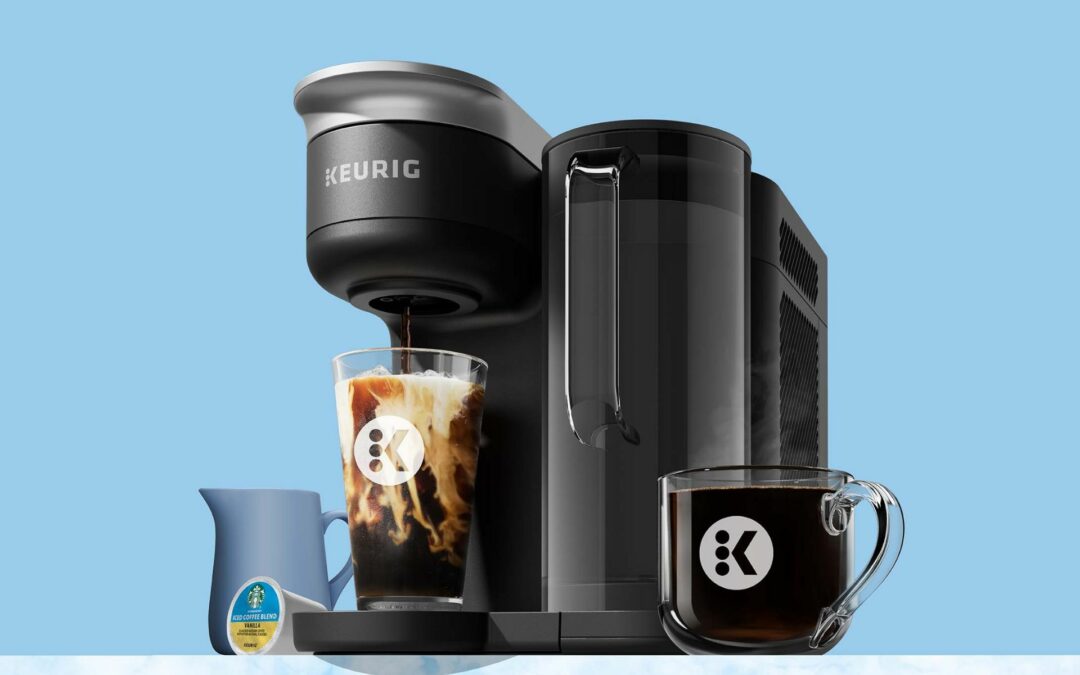The Rise of the Gen Z Consumer, a study published by shopping center organization ICSC examining the shopping habits, behaviors and factors that most influence how the emerging generation of consumers interacts with retailers, marketplaces, industry and the economy, depicts a demographic that is keenly aware of the economy as its spending power grows and that balances being cost-conscious with a willingness to pay for convenience and quality.
As such, 78% of GenZers who responded to the survey that’s the basis for the study are concerned about the state of the U.S. economy, a number that increased to 84% among those ages 23 to 26, versus 71% of 16- and 17-year-olds. Their concern mirrors habits around discount shopping, as 48% of the respondents said they prefer off-price and discount retailers. However, this generation is willing to pay for speed and convenience, with 48% of respondents saying they would pay a premium to have online orders delivered more quickly.
The study also demonstrates that Gen Z defies stereotypes regarding personal priorities. Despite having a reputation for prioritizing leisure and personal interests, GenZers are five times as likely to value successful careers over having the newest products. The survey results show a generation-wide inclination to plan for times of uncertainty, with more Gen Z consumers, at 41% reporting that they save more than they spend compared to those who spend more than they save, at 36%. Responsible financial habits are reflected in their credit usage, as 45% of GenZers use debit cards as their primary source of payment versus cash, at 21%, and credit cards, at 17%. Even buy now, pay later options, developed with Millennials and GenZers as key targets, aren’t winning broad adoption, with only 3% of GenZers saying they use these services often.
Then, Gen Z has a distinct sense of brand loyalty, driven by value, omnichannel offerings and brands that espouse values that align with their own. Although price and convenience remain the top driver of their behavior, Gen Z is unafraid to champion values, which are reflected in their shopping habits, given that 56% said they are willing to spend more for sustainably sourced products. When asked about their top concerns and causes, GenZers cite mental health, at 53%, climate change and sustainability, at 47%, racial and gender equity, at 47%, and LGBTQ+ rights, at 26%. In addition, two in five say ethical labor practices are “essential” if a company wants to win their support.
Gen Z may be viewed as a generation that grew up online, but almost all respondents, at 97%, shop at brick-and-mortar stores, driven by their ability to walk away with a purchase, as well as their ability to see, touch and try products prior to purchasing. Still, social media has its shopping influence as 85% of GenZers say the medium impacts their purchasing decisions, naming Instagram and TikTok, at 45% in each case, as their preferred platforms. However, influencers are not the primary touchstone when Gen Z seeks out new products. Rather 56% of GenZers say recommendations from friends and family carry the most weight, followed by reviews on product websites, at 54%, and interactions with store associates and seeing the product in person, at 43%. Influencers play a role, but only 39% cite them among their top three decision sources.
“Gen Z is an increasingly important demographic as more of them graduate from school, transition to their first full-time job, and mature into more spending power,” said ICSC president and CEO Tom McGee in introducing the data. “Our study found that many of the stereotypes and preconceived notions attached to this cohort are unfounded, however, their habits will influence retail strategy, marketplace makeup, and broader economic trends for years to come. Our survey shows that despite being ‘digital natives,’ Gen Z is an omnichannel generation. The percentage of respondents who shop online versus in person is nearly identical, demonstrating that focusing on a particular channel is no longer the priority. Rather, retailers that can successfully offer convenience, quality and speed, and have a diversified presence across in-store and digital, will be well-positioned to capture the loyalty of this demographic.”





